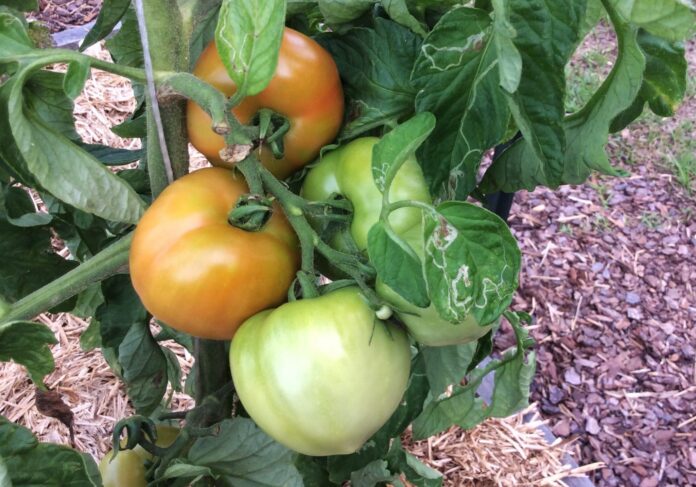
AUBURN UNIVERSITY, Ala.—In anticipation of enjoying summer vegetables, gardeners often plant too early causing them to struggle. In Alabama the often-warmer temperatures in late winter and spring can fool gardeners into planting too soon.
Alabama summer vegetables
According to Alabama Extension agent Jack LeCroy, of the hot summer vegetables grown in Alabama, the most common include tomatoes, corn, squash and okra. When it comes to deciphering when to plant these vegetables, there are a range of factors that impact each vegetable.
Alabama gardening calendar
The Alabama Gardening Calendar shows the times and days to start planning many of these summer vegetables. However, the dates in the guide are specific for central Alabama weather. Location in the state heavily impacts planting dates for vegetables. For example, homeowners located in Mobile would be able to start growing before homeowners in Huntsville would be able to.
“The rule of thumb for south Alabama is to make the spring plantings approximately ten days earlier than the dates listed,” he said. “In north Alabama, make the spring plantings approximately ten days later than the dates listed.”
With this in mind, Alabamians should plant summer vegetables in March and April.
General conditions
Aside from knowing exactly when to plant summer vegetables, there are several general conditions to check for the vegetables to succeed.
“Plants are like people,” LeCroy said. “They all have different attributes that make them unique.”
While all summer vegetables have different needs to grow properly, there are basic conditions that are essential for every vegetable.
Soil
The first condition to check is the soil. Conduct a soil test to check the existing or non-existing nutrients in the soil. A soil test is also important to check the pH levels. The specific required pH levels may vary for each vegetable. Ensure the soil is well-drained and in a space that receives about six to eight hours of sunlight.
Irrigation
The second most important condition is irrigation.
“We need to be consistent with our irrigation to try to just water around the plants’ base and not the leaves around it,” LeCroy said. “If there are leaves or other debris around the vegetables that may hold water, this can cause diseases to form around the plant.”
Maintenance
Lastly, no matter what is growing in the garden, make sure to consistently scout in the garden.
“Look under leaves and around the plants to try and catch problems early so they can be treated,” LeCroy said.
More Information
For more information on summer vegetables, visit the Alabama Extension website, www.aces.edu, and the Alabama Gardening Calendar.



























